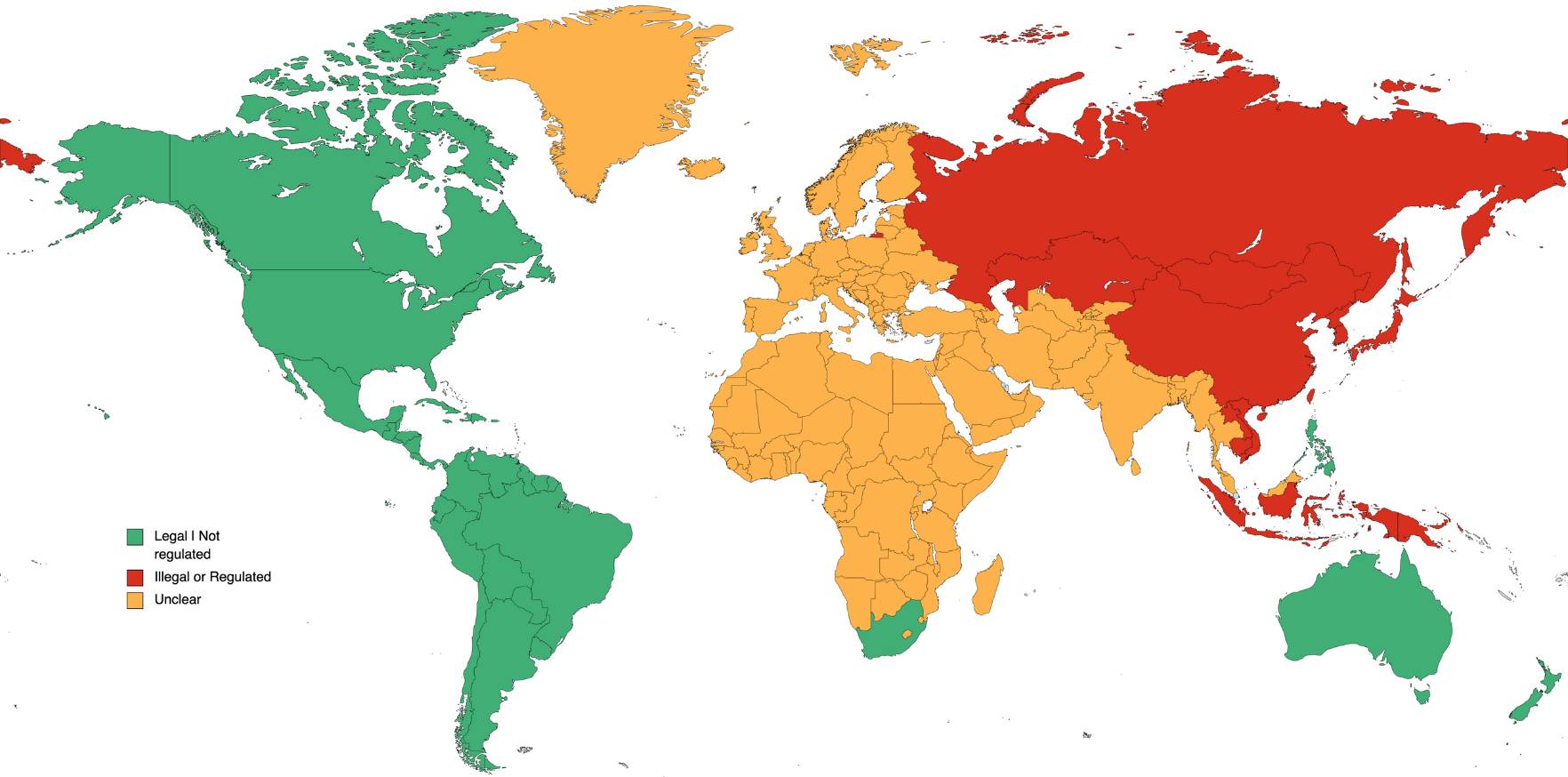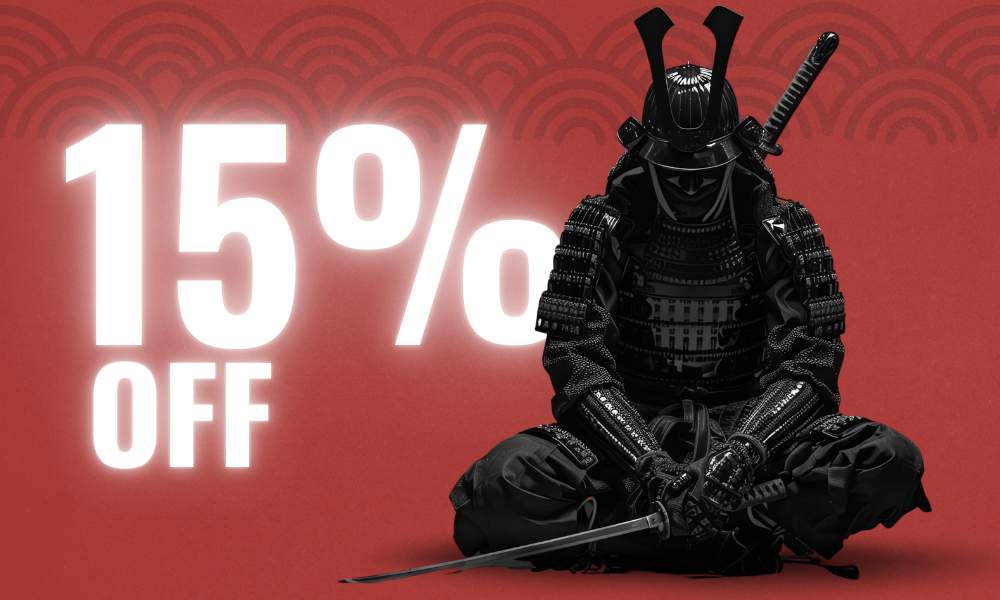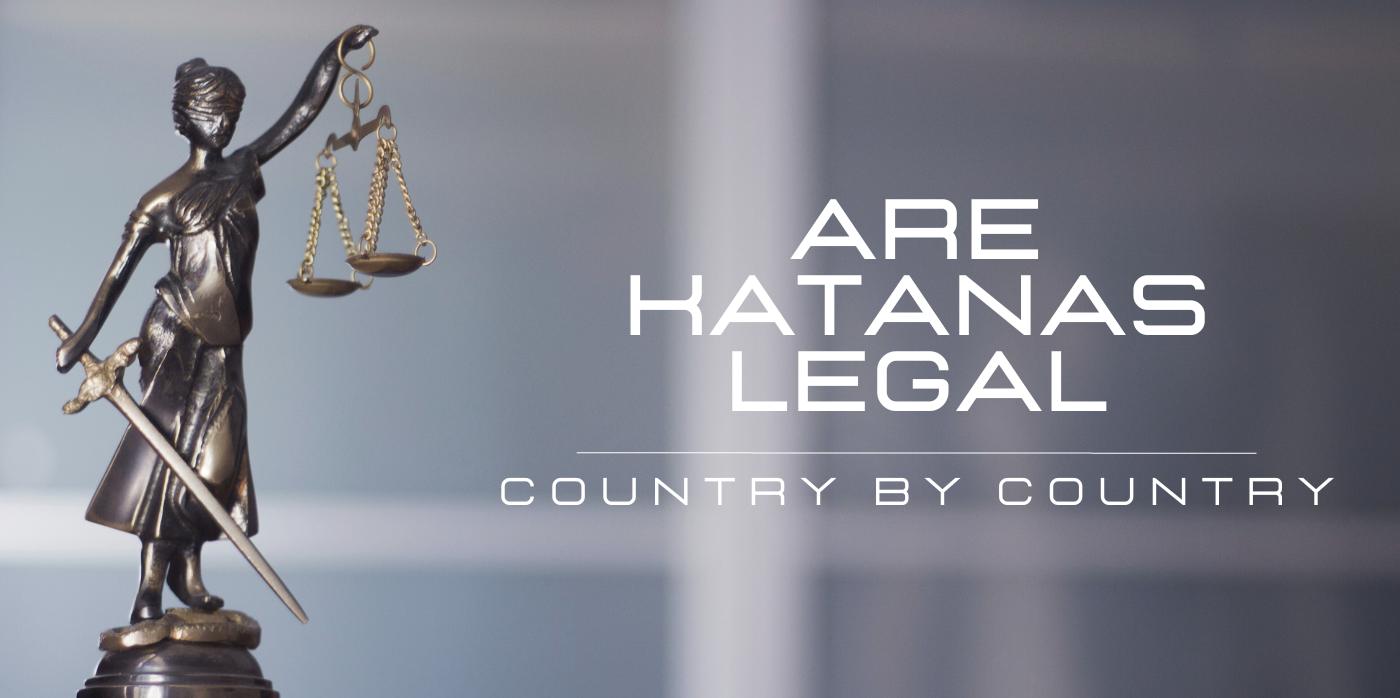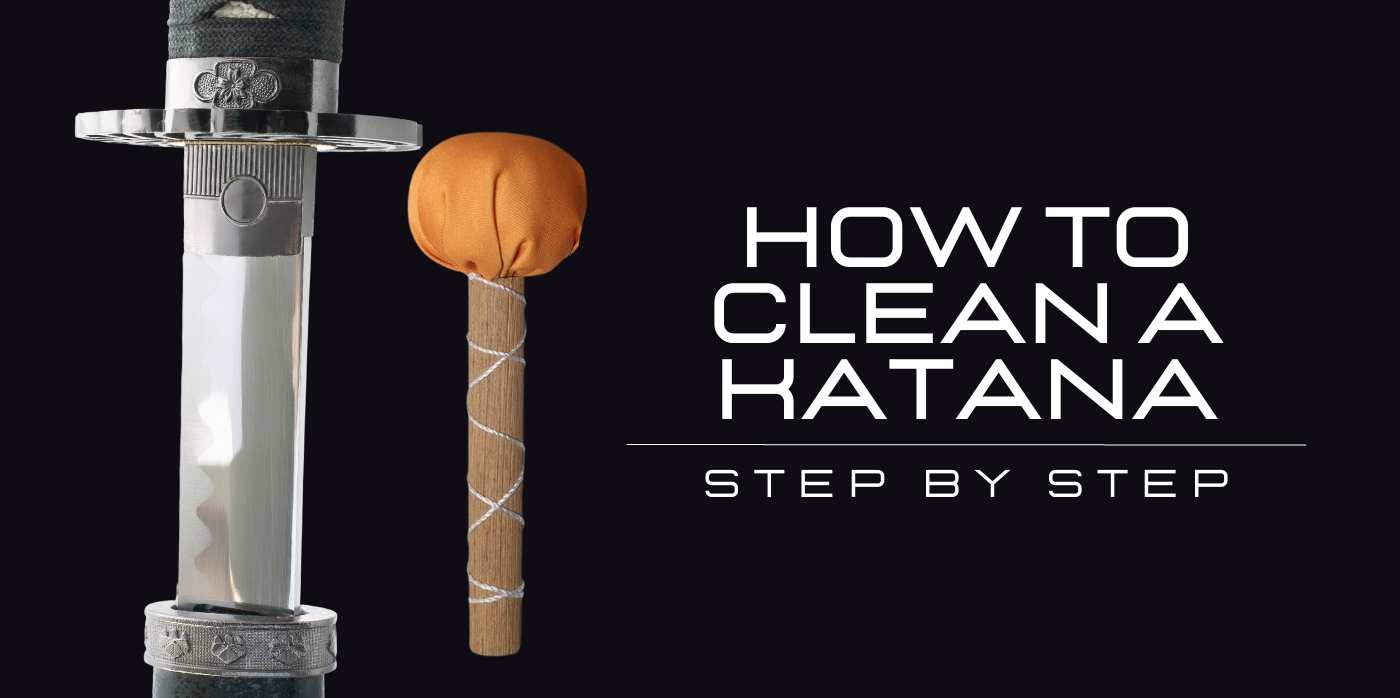A katana, a samurai spirit emblem, represents a unique combination of art, culture, and military. Nonetheless, many people wonder, "Are katanas legal?" This blog post will explore the subject, providing a global perspective on katana legality. While admiring the beauty of these Japanese swords, it's also critical to understand the legal ramifications of katana ownership and katana possession.
Disclaimer: While this blog post aims to give a complete overview to katana legality, it is not intended to be exhaustive or as legal advice. If you have particular issues concerning possessing or carrying a katana, always check with legal authorities or local law police organizations.
1. Is it legal to own a katana
The legality of owning a katana depends largely on your location. Laws regarding sword ownership vary from one country to another and can even differ within regions of the same country.
1.1 Legal age
The permissible age for katana ownership is dictated by your country or state's laws concerning weapon possession. In the United States, it's entirely lawful to possess a katana once you've turned 18. However, if you're below 18, you're required to obtain consent from your parents to acquire a Samurai Sword.
1.2 Can I carry a katana in public
In many locations, carrying a katana in public is frowned upon and outlawed. Even if it is legal, it is generally subject to rigorous controls. For instance, it may be required that the katana is securely stored and transported, such as in a gun case or secure sword bag.
1.3 Can I travel with a katana
Traveling with a katana can be a tricky area, with rules varying significantly based on the location and the mode of transport. Some airlines, for instance, allow katanas as checked luggage, while others may completely prohibit them.
2. Katana Ownership Laws Around the World
Understanding the martial arts weapons law and sword ban regulations around the world is crucial when you're considering adding a katana to your collection. The rules fluctuate, depending largely on local weapon laws and self-defense laws. It's important to consider these legalities before importing a katana or carrying a katana.

Map caption:
- Green: Legal or not regulated
- Red: Illegal or regulated
- Orange: Unclear
2.1 United States
In the US, katanas fall under the same legal category as knives. From the age of 18, it is absolutely lawful to possess a katana in the US. However, ownership laws vary by state, but most states allowing you to own and display a katana in your home. Restrictions may apply on "carrying a katana" publicly.
2.2 United Kingdom
In the UK, blade length restrictions come into play. The country instituted a ban in 2008 on selling or buying curved swords with a blade length over 50cm. However, exceptions exist for swords made using traditional methods. It is therefore up to customs to decide whether to release the Samurai sword or not.
2.3 Canada
Like in the US, Canadian law categorizes katanas as knives, and state laws are more significant than federal regulations when it comes to katana possession and sword ownership laws. It is therefore possible to own a katana if you are over 18.
2.4 Europe
In the European Union, laws can vary significantly between countries. Most European nations don't ban katana ownership outright, but they do restrict shipping services for swords. Legal swords can only be shipped to commercial addresses in some countries, such as Italy.
2.5 Australia
While swords aren't illegal to own in Australia, certain states like Victoria have imposed heavy restrictions on them since 2004 following several high-profile assaults.
2.6 New Zealand
New Zealand follows similar laws as Australia, with swords being legal to own but heavily regulated.
2.7 Japan
Japan has some of the strictest sword laws. Japanese-made katanas must be registered with the police, kept secured and locked away, and buying a sword from Japan requires a great deal of paperwork.
2.8 South America
While katanas aren't illegal in South America, they are subject to heavy import taxes, making them quite rare in the region.
2.9 Russia
Katanas are classified as weapons in Russia and require a special federal license to own, buy, or sell.
2.10 China
Since 2017, swords have been illegal in mainland China due to misuse. There are exceptions in Hong Kong and Macau, where katanas are allowed to own and purchase, albeit occasional customs issues may emerge.
2.11 Africa
Sword rules in Africa are mainly ambiguous and appear to be assessed on an individual basis by local customs authorities. However, owning a katana is completely lawful in South Africa.
2.12 Middle East
Owning and importing katanas in the Middle East is unpredictable, often decided by customs officers on a case-by-case basis.
2.13 India
In India, importing or exporting sharpened swords is illegal, restricting katana production to non-sharpened blades with a false edge.
2.14 Singapore
While katanas aren't illegal in Singapore, importing them requires a temporary special import license issued by the police, which often discourages casual collectors due to the extensive paperwork.
Conclusion
To summarize, katana legal ownership is a complicated topic that differs widely according to where you reside. It's critical to learn your local weapon laws, especially if you plan to buy a katana. Even with all these legal restrictions, the allure of owning a katana, an "authentic katana," remains undiminished for many. It's a reminder of the ancient samurai spirit, the embodiment of Japanese culture, and a testament to the exquisite art of swordsmithing.
Remember, with the privilege of owning a katana comes a great responsibility, to respect its cultural significance, the laws of your land, and the safety of those around you. If you still have other questions about Japanese sword, you can check our full Samurai sword buying guide. Happy and responsible sword collecting!





